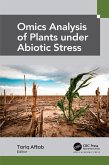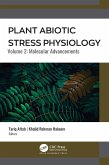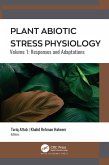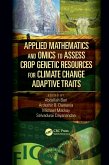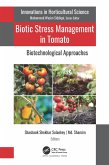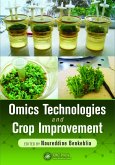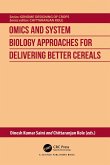The chapter authors explore a variety of approaches to address plant abiotic stress, including proteomic approaches, genome editing applications, and system biology approaches. The volume takes into consideration, from omics perspective, how to use the plant-microbe interaction to make plants more resilient to changing climates. It also looks at the role of ionomics (the study of complete mineral nutrient and trace elemental composition of a plant species) and osmoprotectants to address multiple abiotic stress tolerance in plants.
Omics Analysis of Plants under Abiotic Stress provides the fundamental information for all who are working in or have interest in this specific field. Unquestionably, this volume will be beneficial for common use of research students, teachers, and persons who have interest in plant abiotic stress physiology.
Dieser Download kann aus rechtlichen Gründen nur mit Rechnungsadresse in A, B, BG, CY, CZ, D, DK, EW, E, FIN, F, GR, HR, H, IRL, I, LT, L, LR, M, NL, PL, P, R, S, SLO, SK ausgeliefert werden.



